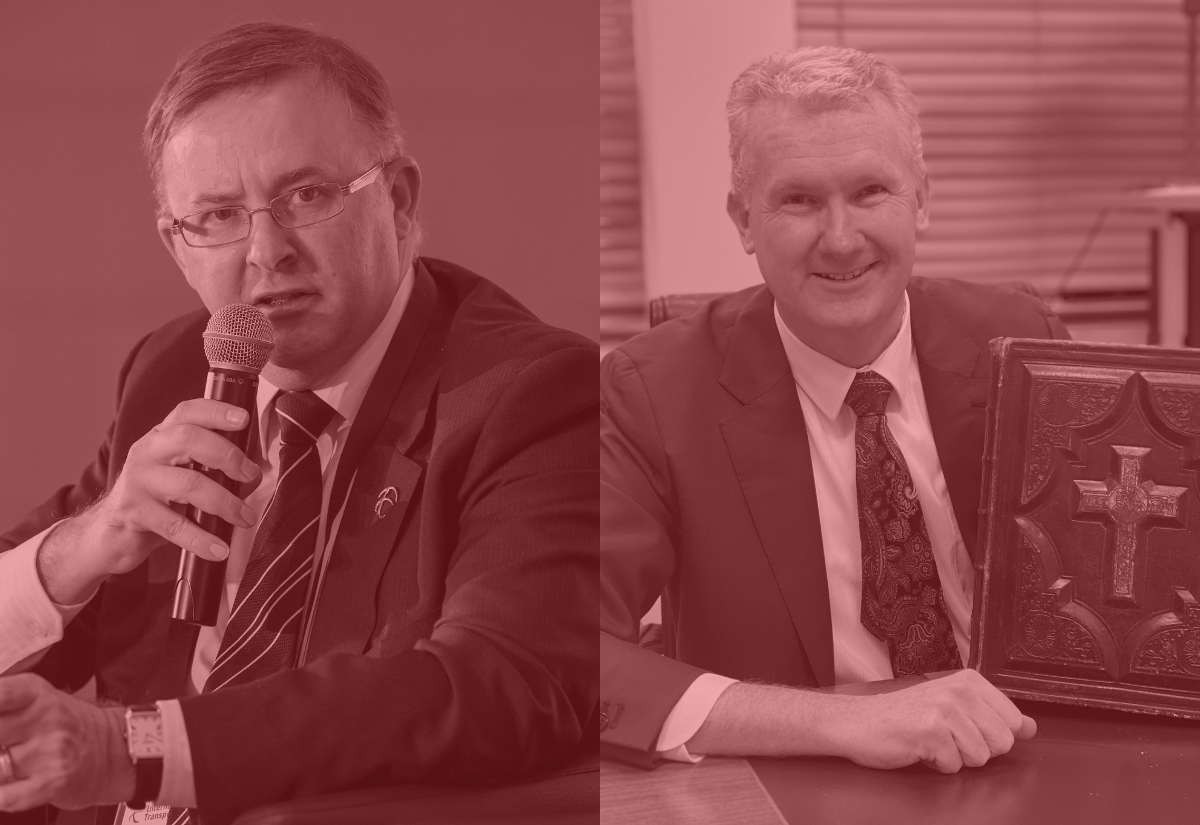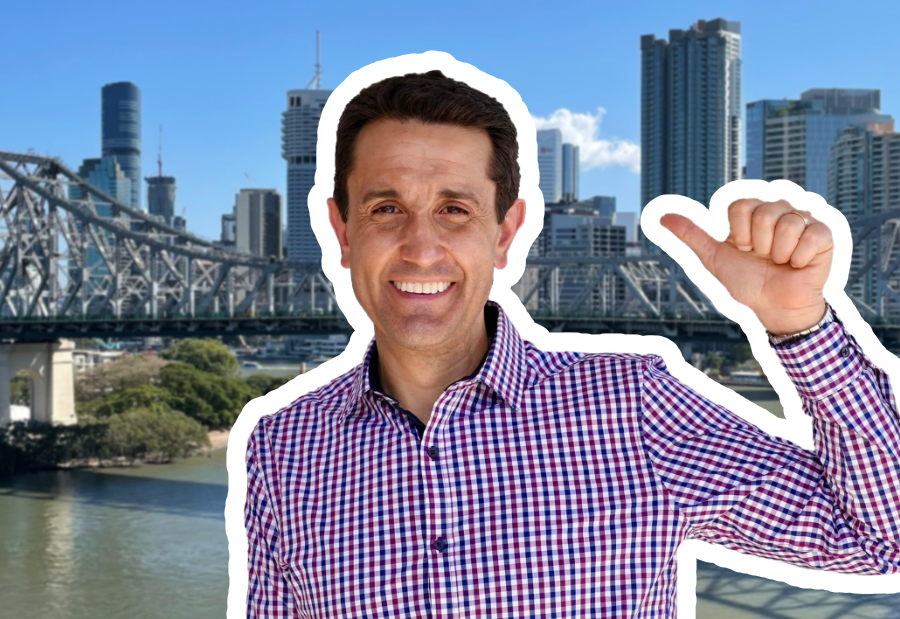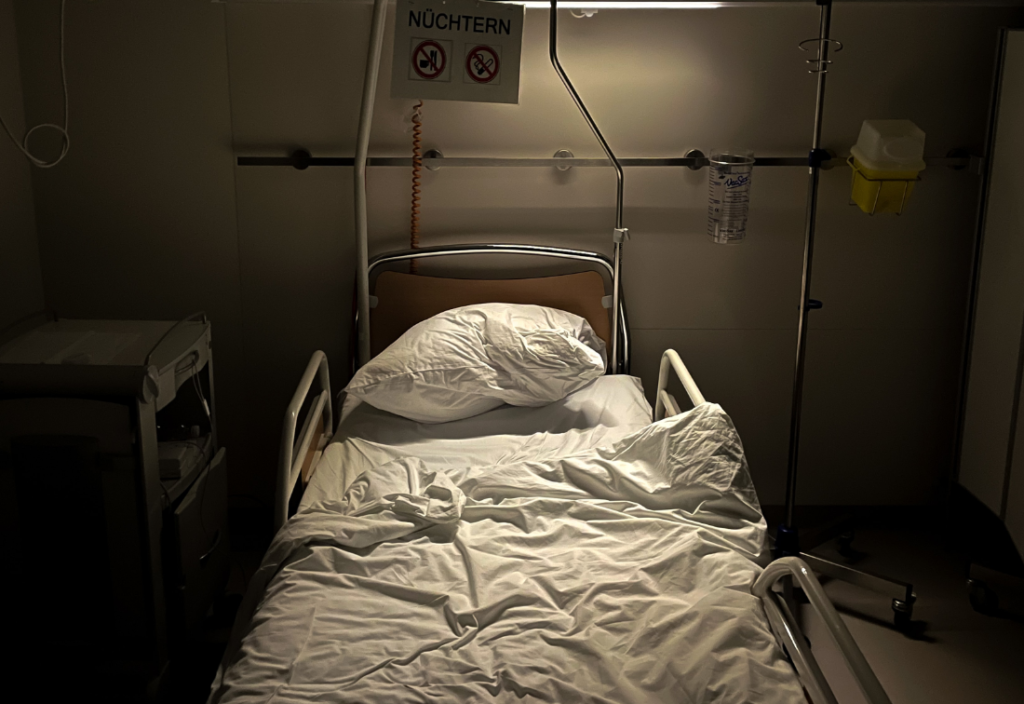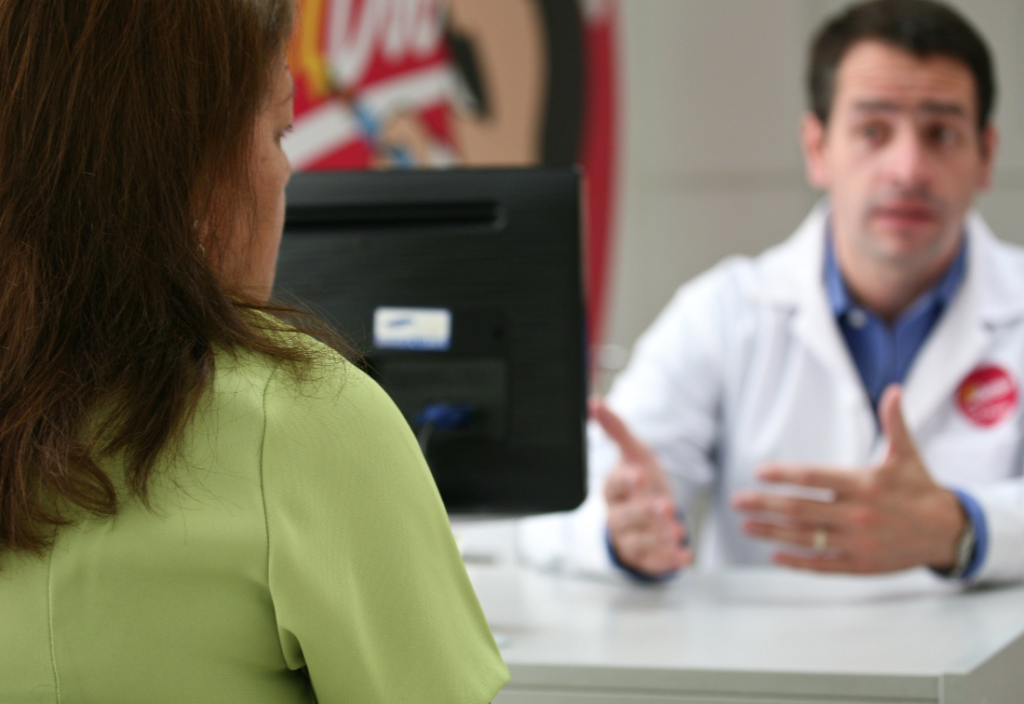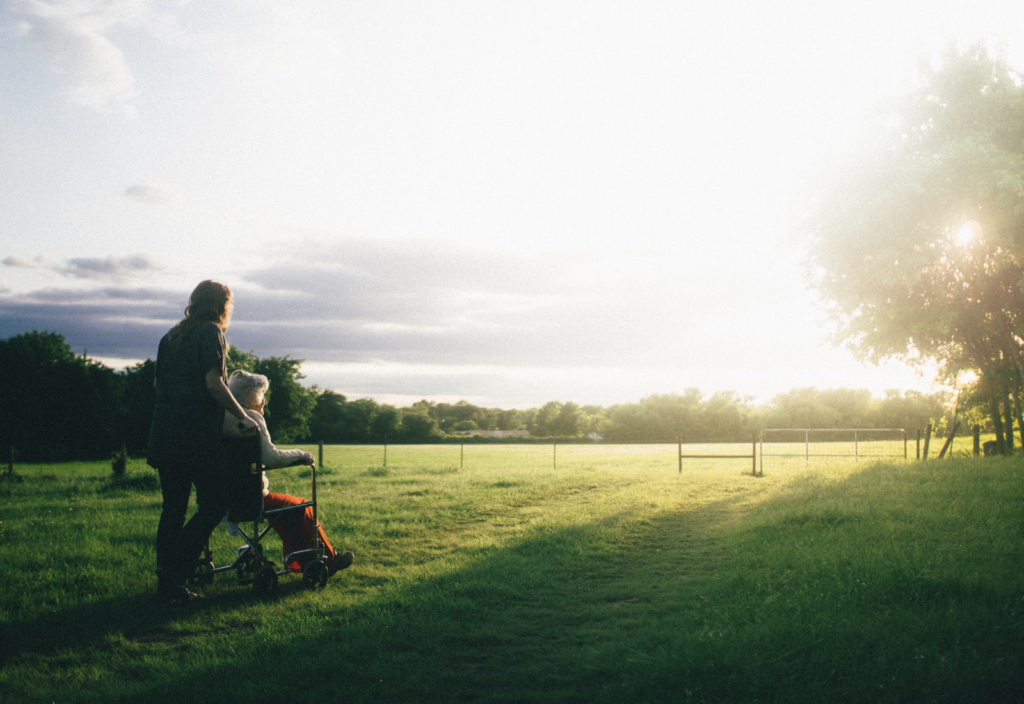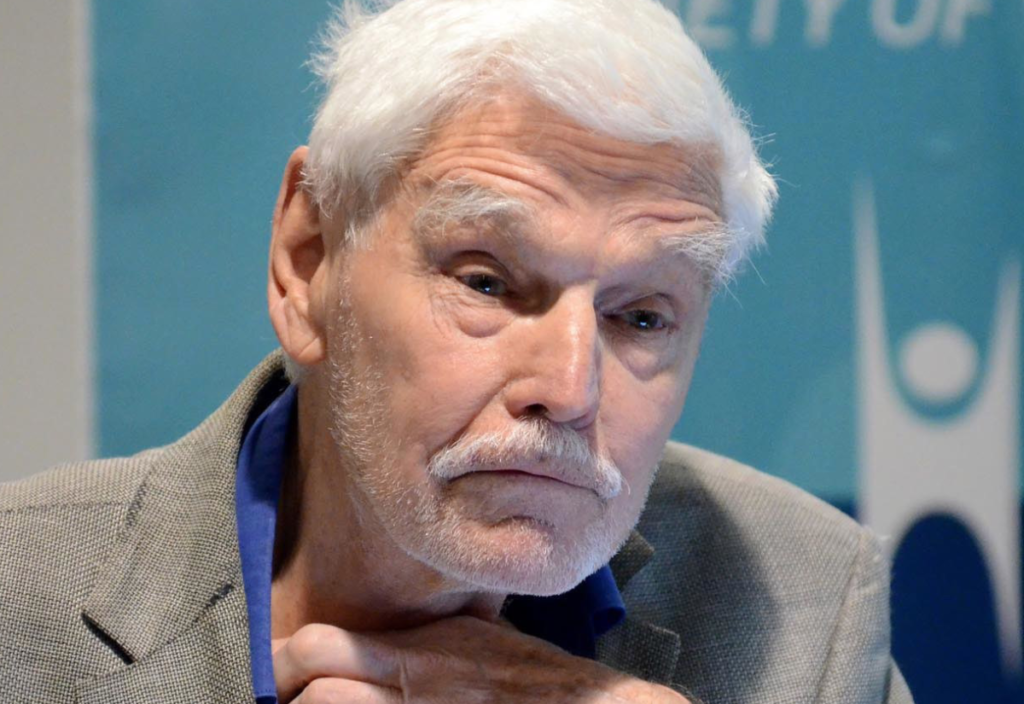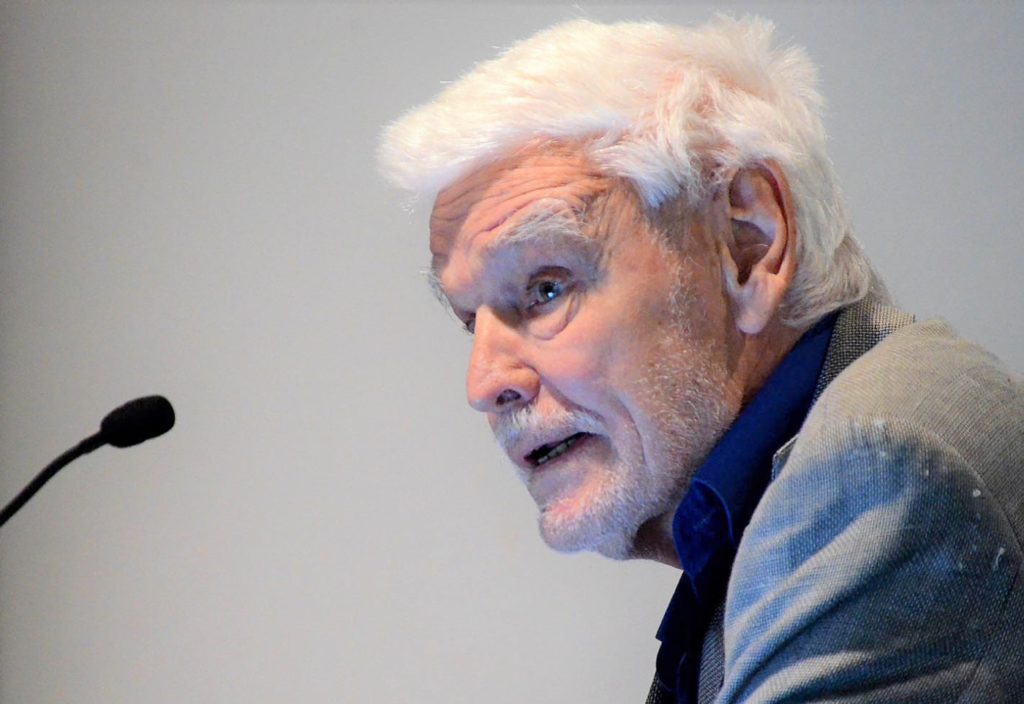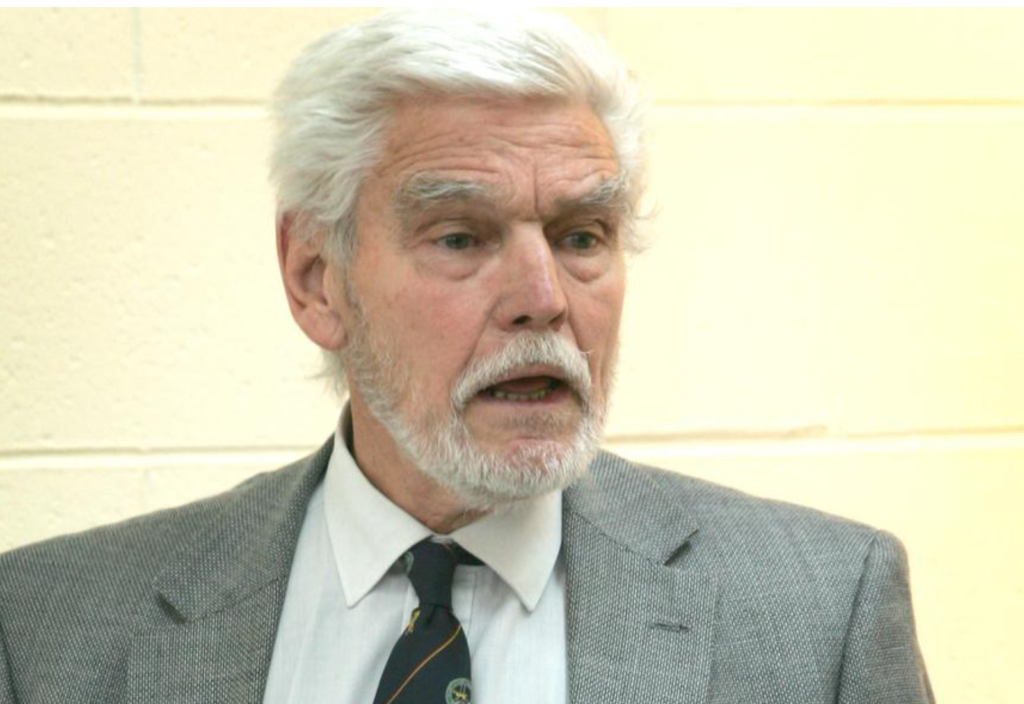When parliament resumes in Canberra later this month, Prime Minister Anthony Albanese will have an opportunity to delve back into the Hansard and reference a speech given in the midst of the debate over territory rights in the 1990s.
It was a speech given by a fresh-faced Albanese in late 1996 that provides a rich source of material for his current-day speech writers as his government looks to restore the right of the Australian Capital Territory and the Northern Territory to legislate for voluntary assisted dying (VAD).
His speech on the Euthanasia Laws Bill 1996 – a bill that was, ultimately, passed into law by the new Howard government – was a speech before its time. With VAD now having been legalised in all states, we could even say the speech was about three decades before its time!
Albanese called out the religious-based agenda of those wanting to stop the territories from making their own laws in relation to what was commonly referred to back in those days as ‘euthanasia’.
“I oppose this bill because I support human dignity. I oppose this bill because I support freedom of choice. I oppose this bill because I support civil liberties. I oppose this bill because my Christian upbringing taught me that compassion is important,” he said.
Although a person who strongly identifies with his Catholic faith, Albanese clearly sought to differentiate himself from the conservative views of the Catholic Church and those who were leading the campaign against euthanasia.
He singled out the Lyons Forum in particular for its “moral posturing”. In the early 1990s, the Lyons Forum was established as a conservative Christian faction within the Liberal Party. As Niki Savva reported at the time, the ‘God Squad’ was “Australia’s answer to America’s religious right”.
Conservative Catholic MP Kevin Andrews was behind the push to stop assisted dying in its tracks by overturning the Northern Territory’s new laws with what became known as the ‘Andrews bill’. He was the secretary of the Lyons Forum.
According to Savva, Lyons Forum’s members held that “the family is the fundamental unit of society; the family is the prime agency for the development and primary socialisation of children; marriage provides the optimum environment for the nurturing of children.”
During its heyday, the faction included the likes of Tasmanian senator Eric Abetz, Treasurer Peter Costello, future Prime Minister Tony Abbott, and future Deputy Prime Minister John Anderson.
“We have all accepted that this parliamentary debate should be a matter for our conscience,” Albanese told the parliament.
“How arrogant to then suggest that the ability to exercise conscience should be taken from a terminally ill patient who wants to die.
“There is nothing moral about our exercising a free conscience vote as members of parliament and then voting to deny to others the right to exercise their conscience.”
To Albanese, the public mood on the issue of assisted dying was clear in 1996, even if other members of the parliament had turned their backs on it. He pointed to public surveys which consistently demonstrated majority support for the reform.
To Albanese, the public mood on the issue of assisted dying was clear in 1996, even if other members of the parliament had turned their backs on it.
He even warned of the emergence of a “moral minority” in Australian politics and quoted euthanasia advocate Bob Dent’s plea for policymakers to keep church and state separate.
“As to those in the community who would mount religious or moral arguments against the Northern Territory Act, reliable evidence suggests that they do not represent mainstream opinion,” he said.
“It does not stand to reason that we should be resisting the will of the Australian community in such a blatant fashion. We should strongly resist the emergence in Australian politics of the moral minority.”
There was another important speech given by a Catholic activist at the time of the debate over euthanasia. Just 12 days before Albanese gave his speech to the federal parliament, a young lawyer named Tony Burke gave an address to the New South Wales Legislative Assembly in what was, apparently, a rare address to the assembly by a non-member of the chamber.
In 1996, Burke was one of the country’s most influential opponents of euthanasia, representing the ‘Euthanasia NO’ campaign that lobbied state and federal governments against altering the status quo. Today, he is a member of the Albanese cabinet. When he was sworn in as minister just a few weeks ago, he did so on his family’s very large Bible.
Burke’s address to the New South Wales Legislative Assembly, titled ‘Why euthanasia should not be legalised’, can be found online. In the speech, he warned of a ‘slippery slope’ if euthanasia were legalised, with disabled people potentially at risk.
“People in vulnerable situations rely on certain protections. One of the most basic is: no matter how worthless you might feel, society will care, heal, and try to do everything possible to make your life as comfortable and as interesting as possible,” he said.
Burke argued that religion had nothing to do with his campaign and rejected the idea that the debate was about the separation of church and state.
“I don’t believe you have to be an atheist to be allowed an opinion on this issue. Everybody has principles which affect their approach to issues. Some people will have a secular philosophy, others will have a religious one. Some people will be as actively anti-church as others are pro-church,” he said.
Many of the arguments made in that speech would no doubt sound familiar to the thousands of VAD campaigners who have had to listen to the carping of the Catholic Church over many years.
Burke said his opposition to euthanasia boiled down to two factors – firstly, his strong personal stance against capital punishment and, secondly, the personal story of an HIV-positive person who would have utilised euthanasia if he could have during his illness but who was now “glad to be alive”.
“There’s a maxim often used in the capital punishment debate which applies perfectly to legalised euthanasia. ‘Whether you support it or oppose it in principle, if one innocent person is going to be killed, then that’s too high a price.'”
Thankfully, the arguments of religious conservatives no longer influence our parliaments to the extent they did in the 1990s. Much to the distress of the Catholic Weekly news site, not even Catholic political leaders heed the demands of the Catholic Church.
As the census shows, the churches’ relevance to Australians continues to decline rapidly. Indeed, we know that on social issues such as VAD, same-sex marriage and abortion, the churches no longer even hold sway over most of their their own flock. In his Religiosity in Australia series, RSA Fellow Neil Francis provides statistical evidence that the majority of Catholics oppose the views of church hierarchy on such issues.
As Prime Minister, Albanese now has the opportunity to set things straight by repealing the Euthanasia Laws Bill 1996 and allowing the Australian Capital Territory and the Northern Territory to legislate for assisted dying.
With the departure of Kevin Andrews at the last election and with every state having legalised VAD, perhaps there is some poetry in the thought that Albanese now has the chance to right this wrong.
When Prime Minister Albanese speaks in this forthcoming debate in parliament, may he channel his ‘96 self as his government puts to an end Australia’s 30-year fight for assisted dying rights for all.
If you wish to republish this original article, please attribute to Rationale. Click here to find out more about republishing under Creative Commons.
Photos by International Transport Forum on Flickr (CC) and Tony Burke (Twitter)

